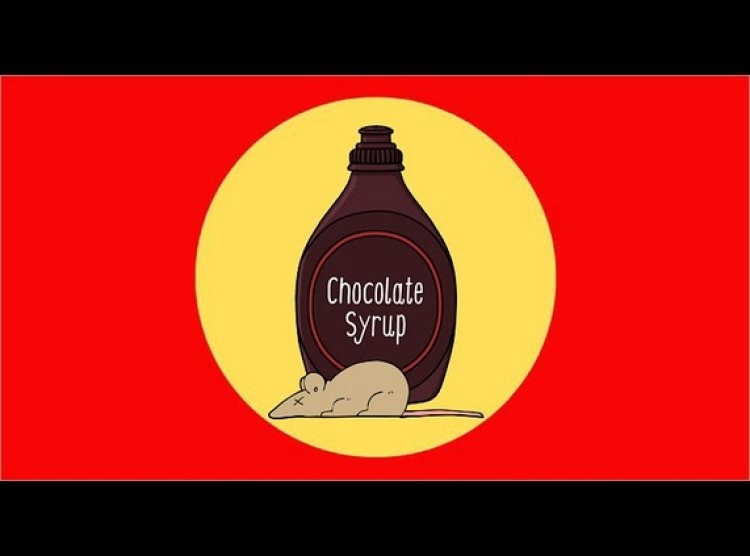Navigating Food Safety Challenges: Restoring Brand Trust Amid Recent Incidents
Experts Share Strategies for Brands to Rebuild Consumer Confidence Amid Ongoing Food Safety Concerns

In recent days, unsettling reports of food contamination have emerged in the news. Incidents such as finding part of a human finger in ice cream, a dead rat in packaged chocolate syrup, and a frog in a packet of chips have raised significant concerns.
Beyond the immediate public health implications, such incidents can severely damage consumer trust and brand perception. Over the years, numerous FMCG brands have faced similar crises, responding with varying strategies from denial to campaigns aimed at restoring consumer confidence. Many well-known brands have navigated these challenges and emerged stronger.
Experts suggest that brands should address these crises with proactive communication and corrective actions. Anup Sharma, a Strategic PR & Communications Consultant, emphasizes the need for swift, transparent, and empathetic communication, backed by solid data. Brands should acknowledge the issue, express concern, and reassure consumers about the safety measures in place. He cites Cadbury's (now Mondelez) response to the 2003 worm incident in their chocolate, which involved a comprehensive campaign called Project Vishwas to upgrade manufacturing processes and rebuild trust.
Business strategist Lloyd Mathias, who has led marketing for brands like Pepsi, Motorola, and HP, advises against using legal jargon or blaming third parties. He believes in acknowledging and apologizing for mistakes while implementing corrective measures and communicating these efforts to consumers. He points to ICICI Bank's handling of the controversy involving their former CEO Chanda Kochhar as a good example of crisis management.
Brand consultant Nisha Sampath highlights the importance of direct engagement from company leaders in today's digital age. She stresses the need for transparency and consistent communication at all levels, including with distributors and retailers, to maintain trust across the network.
Abhishek Sarwate, CEO and Brand Strategist at Utopian Drinks, notes that while manufacturers are often responsible for contamination, brands must take a proactive approach. This includes establishing a crisis communication team and having pre-drafted templates for consistent and speedy responses. He recalls Nestlé's effective management of the 2015 Maggi noodles crisis, which involved extensive testing, open communication, and a rebranding campaign focused on safety and transparency.
Shailendra Jain and Shalini Sarin Jain, professors at the University of Washington, caution against the ineffectiveness of denials without solid evidence, as seen in the case of MDH spices. They advocate for brands to consistently fulfill their promises to build an authenticity cushion that can help during crises.
In an age of information democracy, opacity and deception are unlikely to succeed. Companies must work diligently to maintain their brand's authenticity and trustworthiness to navigate potential crises effectively. “For the long term, companies need to work hard to enhance their brands’ authenticity, i.e., fulfilling the promises made to the consumers each time, every time, day after day, week after week, month after month, and year after year. This authenticity cushion can shelter the brands if and when they are perceived to have transgressed and consequently, face potential crises,” they said.

 Sumit Rawat
Sumit Rawat 










